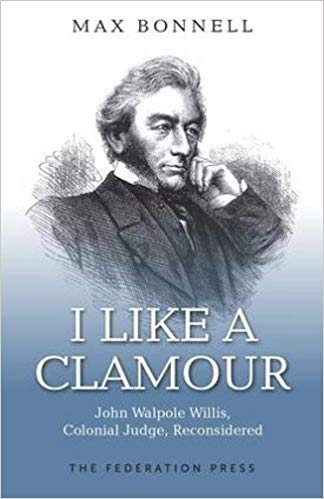
The controversial career of John Walpole Willis is re-evaluated in the first comprehensive study of his legal career. Willis, the fifth judge to be appointed to the Supreme Court of New South Wales, served in three colonies, and in each place he wrestled with the role of the law in a rapidly-changing society.
In Upper Canada, he confronted the colony's transition from an oligarchy into a nascent democracy; in his next posting, in British Guyana, he was responsible for helping the colony implement, and absorb the consequences of, the abolition of slavery. New South Wales, his final posting, presented unique legal problems as it evolved from a penal colony into a free settlement, and the new settlement at Port Phillip began to grow.
To these troubled societies, Judge Willis brought an acute legal mind and a stormy personality – he was twice dismissed from his post by the local Governor. Earlier studies have tended to view him either as a wronged genius or a vain, deranged misfit.
Max Bonnell, an experienced lawyer and Adjunct Professor of Law at Sydney University, has rediscovered Willis as a contradictory figure – Australia's first activist judge, who was nonetheless a stickler for the letter of the law; the author of several remarkably humane and enlightened judgments, who was capable of endorsing appalling cruelty; and a man who insisted upon decorum and propriety, yet was undone by his own conspicuous failures of self-control.